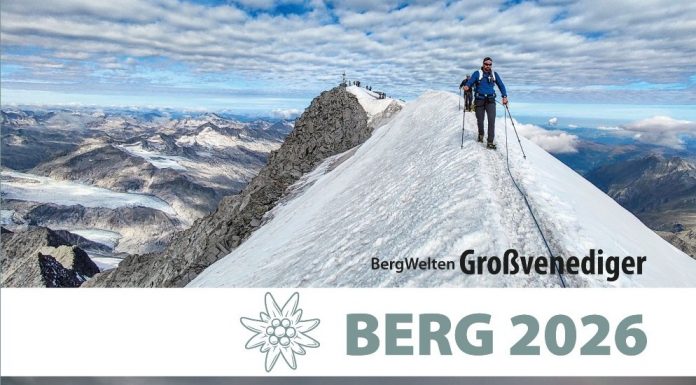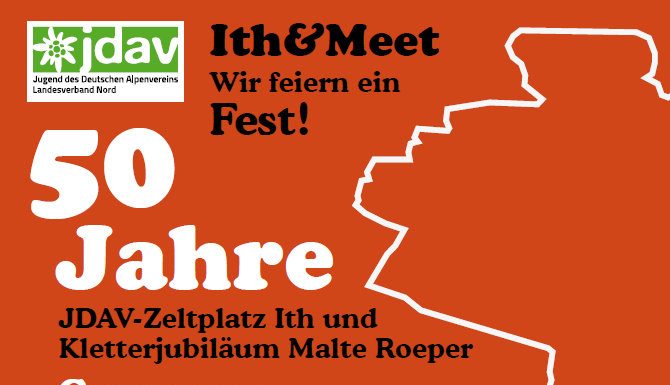New Nepalese regulations are planned to deter mountaineers from leaving rubbish behind on all its Himalayan peaks. A spokesman for the tourism ministry said those climbing mountains in the country would have to pay the government a deposit, which would only be refunded if they brought back their rubbish. A similar scheme is already in place on Everest, where expeditions have to pay a $4000 deposit which is refunded as they leave providing that they have removed their rubbish. Some items which cannot be recycled locally, including empty oxygen bottles and used batteries, have to be sent back to the climbers´ home countries before the deposit is repaid. It is hoped the scheme will prevent some of Nepal´s less famous mountains from suffering the same fate as Everest where the waste removal rules may have come too late (its South Col climbers´ camp is known as the world´s highest rubbish tip) and forced drastic action.A Nepali mountaineering organisation has announced that it is going to encourage sherpas on Everest to collect rubbish dumped on the world´s highest mountain by paying for any that they bring down. Literally tonnes of junk is discarded by mountaineers every year. The camp at the South Col at 7,900 metres (25,918 ft), the point from where most climbers mount their summit bid, is described as the dirtiest place on the mountain.Bhumi Lal Lama, a top official of Nepal Mountaineering Association (NMA), told Reuters „We are considering to pay up to 1,000 Nepali rupees (US$13.50) for each kilo of garbage they bring down to base camp“. He said up to 4,000 kg (8,800 lbs) of trash was expected to be collected. The NMA picked about 2,200 kg of garbage on Everest five years ago.Whilst on the subject of Everest, it is reported that unauthorised satellite phones are being impounded by Nepali authorities and expeditions using them may face prosecution.
- Home
- News
- Videos
- Fotos
- Klettergebiete
- Unternehmen & Produkte
- Themen
- Themen beginnend mit 0-9
- Themen beginnend mit A
- Themen beginnend mit B
- Themen beginnend mit C
- Themen beginnend mit D
- Themen beginnend mit E
- Themen beginnend mit F
- Themen beginnend mit G
- Themen beginnend mit H
- Themen beginnend mit I
- Themen beginnend mit J
- Themen beginnend mit K
- Themen beginnend mit L
- Themen beginnend mit M
- Themen beginnend mit N
- Themen beginnend mit O
- Themen beginnend mit P
- Themen beginnend mit Q
- Themen beginnend mit R
- Themen beginnend mit S
- Themen beginnend mit T
- Themen beginnend mit U
- Themen beginnend mit V
- Themen beginnend mit W
- Themen beginnend mit X
- Themen beginnend mit Y
- Themen beginnend mit Z
- Routendatenbank
Climbing.de ist eine der ältesten deutschsprachigen Bergsportseiten im Internet.
Seit 1998 präsentiert Inhaber Martin Joisten, dessen Texte und Bilder in zahlreichen nationalen und internationalen Publikationen zu finden sind, aktuelle Informationen aus der Welt des Bergsports.
Seit 1998 präsentiert Inhaber Martin Joisten, dessen Texte und Bilder in zahlreichen nationalen und internationalen Publikationen zu finden sind, aktuelle Informationen aus der Welt des Bergsports.
Kontaktieren Sie uns: info@climbing.de
© Copyright 1998 - 2022 Climbing.de by Martin Joisten



![[VIDEO] Irmgard Braun: Record Breaking Rock Climber Who Gets Stronger Every Year Irmgard Braun: Record Breaking Rock Climber Who Gets Stronger Every Year (c) Hannah Morris Bouldering](https://www.climbing.de/wp-content/uploads/2025/11/youtube_MpAJEENfEjg-218x150.jpg)

![[VIDEO] The Challenge – Steve McClure The Challenge - Steve McClure (c) Petzl Sport](https://www.climbing.de/wp-content/uploads/2025/11/youtube_mfK9ynVsDvI-218x150.jpg)
![[VIDEO] Silence 9c/5.15d – The journey begins for Will Bosi Silence 9c/5.15d - The journey begins for Will Bosi (c) William Bosi](https://www.climbing.de/wp-content/uploads/2025/11/youtube_ujb7YRfE-7k-218x150.jpg)
![[VIDEO] Yosemite Crack Testpiece: Connor Herson on Magic Line Yosemite Crack Testpiece: Connor Herson on Magic Line (c) Fusis Films](https://www.climbing.de/wp-content/uploads/2025/10/youtube_h4GEt5iSZpA-218x150.jpg)
![[VIDEO] Hardest Trad Flash Ever | Adam Ondra | Lexicon E11 Hardest Trad Flash Ever | Adam Ondra | Lexicon E11 (c) Mammut](https://www.climbing.de/wp-content/uploads/2025/06/youtube_SAUyrDLG5xM-218x150.jpg)
![[VIDEO] adidas Rockstars 2014 - Teaser - Porsche Arena Stuttgart](https://www.climbing.de/wp-content/uploads/2014/12/vimeo_105536497-150x150.jpg)
![[VIDEO] 8b+ trad in der Pfalz](https://www.climbing.de/wp-content/uploads/2014/12/vimeo_94038928-150x150.jpg)











